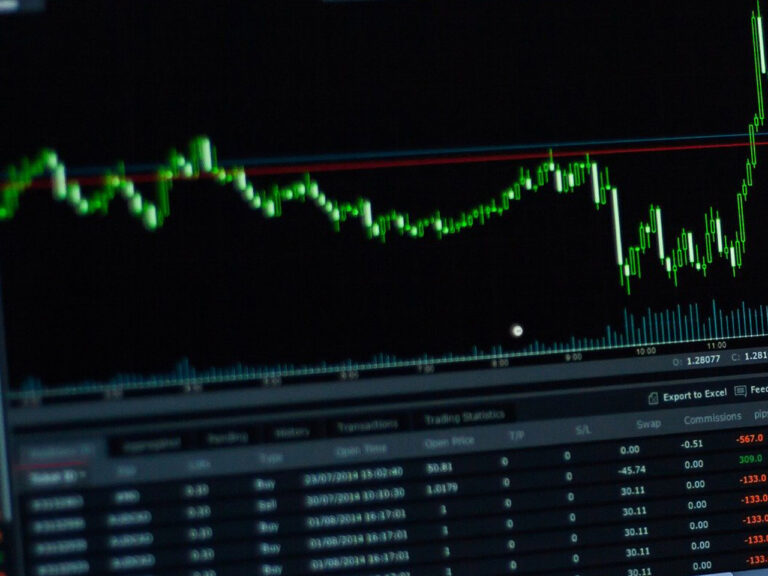GSK PLC, listed under the ticker symbol GSK.L, stands as a significant player in the healthcare sector, with a robust presence in the drug manufacturing industry. Headquartered in London, the company boasts a considerable market capitalisation of $57.84 billion. With a storied history dating back to 1715, GSK has evolved into a global leader in the research, development, and manufacture of vaccines, specialty medicines, and general medicines.
As of the latest trading session, GSK’s shares were priced at 1425.5 GBp, reflecting a stability with no percentage change on the day. Despite this steady performance, the stock has experienced a 52-week range between 1,264.00 and 1,766.50 GBp, indicating some volatility over the past year. The current price sits slightly below the 200-day moving average of 1,442.96 GBp, potentially signalling a buying opportunity for value-focused investors.
One of the intriguing aspects of GSK’s financial metrics is its lack of certain valuation figures, such as the trailing P/E ratio, PEG ratio, and Price/Book ratio. However, the Forward P/E ratio is exceptionally high at 774.04, which suggests that investors are banking on significant future earnings growth. This expectation may be driven by the company’s strategic focus on specialty medicines, including treatments for respiratory and immunology conditions, as well as its collaboration with CureVac in developing mRNA vaccines.
Revenue growth for GSK stands at a modest 2.10%, and while net income data is currently unavailable, the company’s return on equity is an impressive 27.10%. Furthermore, GSK’s free cash flow of over 5 billion USD underscores its ability to generate substantial liquidity, which could support future investments and shareholder returns.
Dividend-seeking investors may find GSK’s 4.49% yield attractive, though the payout ratio of 80.16% indicates that the company returns a significant portion of its earnings to shareholders. This high payout ratio could be seen as a commitment to delivering shareholder value, yet it also suggests limited reinvestment into the company’s growth initiatives.
Analyst sentiment on GSK is mixed, with 6 buy ratings, 11 hold ratings, and 4 sell ratings. The average target price of 1,671.58 GBp implies a potential upside of 17.26%, which might appeal to those willing to bet on GSK’s capacity to overcome current market challenges and enhance its growth trajectory.
Technical indicators offer further insights, with the company’s RSI (Relative Strength Index) at 29.47, suggesting that the stock is currently oversold. This could indicate a potential rebound, particularly if broader market conditions improve.
GSK’s extensive product portfolio, which includes vaccines for diseases such as Shingles, Meningitis, and Seasonal Influenza, alongside treatments for conditions such as asthma and COPD, positions the company well in a sector that continues to experience robust demand. As GSK navigates the complexities of the global healthcare market, investors will be keenly watching how it leverages its R&D capabilities and strategic collaborations to drive future growth.






































